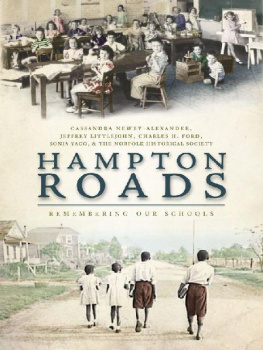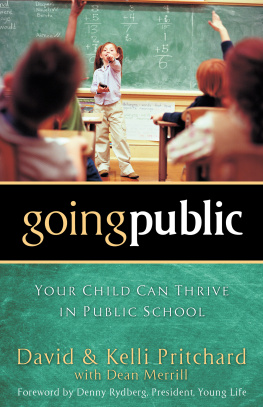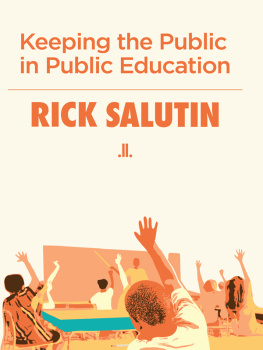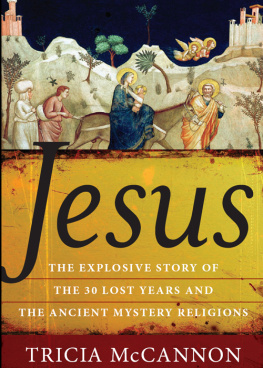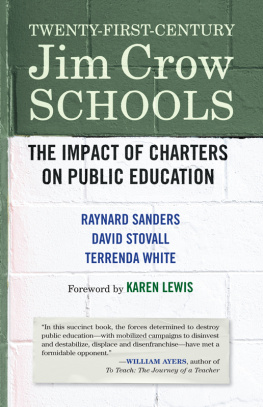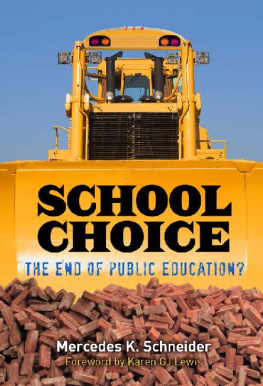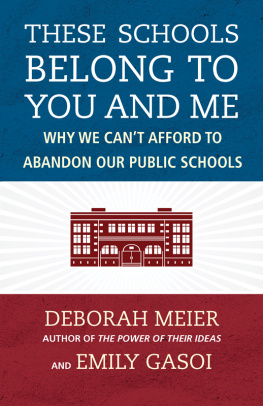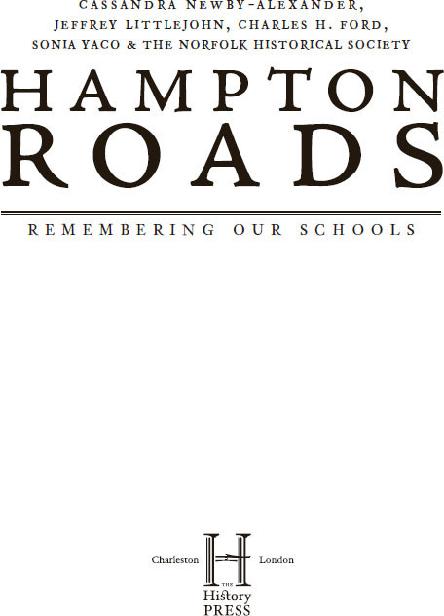Published by The History Press
Charleston, SC 29403
www.historypress.net
Copyright 2009 by Cassandra Newby-Alexander, Jeffrey Littlejohn, Charles H. Ford, Sonia Yaco and the Norfolk Historical Society
All rights reserved
First published 2009
e-book edition 2013
Manufactured in the United States
ISBN 978.1.62584.286.2
Library of Congress Cataloging-in-Publication Data
Hampton Roads : remembering our schools / Cassandra Newby-Alexander [et al.].
p. cm.
print edition ISBN 978-1-59629-602-2
1. Public schools--Virginia--Hampton Roads (Region)--History. 2. Public schools--Virginia--Hampton Roads (Region)--History--Pictorial works. 3. Education--Virginia--Hampton Roads (Region)--History 4. Hampton Roads (Va. : Region)--History. 5. Hampton Roads (Va. : Region)--History--Pictorial works. 6. Hampton Roads (Va. : Region)--Social conditions. 7. Hampton Roads (Va. : Region)--History, Local. I. Newby-Alexander, Cassandra, 1957-
LA380.H36H36 2009
371.01097555--dc22
2008052449
Notice : The information in this book is true and complete to the best of our knowledge. It is offered without guarantee on the part of the author or The History Press. The author and The History Press disclaim all liability in connection with the use of this book.
All rights reserved. No part of this book may be reproduced or transmitted in any form whatsoever without prior written permission from the publisher except in the case of brief quotations embodied in critical articles and reviews.
CONTENTS
ACKNOWLEDGEMENTS
This project began a year ago when Norfolk announced that it would commemorate the fiftieth anniversary of desegregation in the city. Although we were currently working on larger, academic projects examining the history of schools, we wanted to participate in some small way in that civic commemoration. During our research, we had encountered numerous photographs that told the story of the history of public schools throughout Hampton Roads in dramatic and even graphic ways. We thought of writing a popular history highlighting these visual artifacts, so it is with that impetus that we bring this story to the public. We believe that this is especially relevant as the nation enters a new era in its quest to realize the American dream for all its citizens.
The election of Barack Obama as president of the United States made that perspective very timely, especially because of the important historic role that Hampton Roads had in the 2008 campaign. In fact, Obama made several appearances at rallies and in schools throughout his twenty-one-month campaign, emphasizing the importance of inclusion and education.
There were many people who assisted us in our effort to bring this story to life in images and words. In the course of our research, we visited numerous libraries, archives and local newspapers whose representatives made our quest to uncover these stories enjoyable. We would like to especially thank the entire staff in the Sargeant Room at Norfolk Public Library for their unconditional support. Robert Hitchings, Troy Valos and Bill Inge provided us with the space, the resources and their unlimited time. The body of material that they are charged with preserving in Norfolk has been an incredibly important resource for this and future projects. Their diligence and resourcefulness has increased the History Rooms collection several-fold. We would be remiss if we failed to acknowledge Peggy Haile-McPhillips, whose work as the historian for the city of Norfolk has resulted in the collection of invaluable materials. Similarly, we are appreciative to Special Collections at Old Dominion University for providing access to its vast collection of materials on Norfolk Public Schools.
We also are appreciative of the assistance of the staff at the Virginian-Pilot and the New Journal and Guide . Our project could not have launched without the photographs preserved by these two historic newspapers. We would like to thank Maurice Jones, publisher of the Pilot , for allowing us access to key photographs during desegregation and beyond. The diligence of Millie Johnson, Kim Kent and Randall Greenwell was invaluable. Moreover, Guide publisher and editor Brenda Andrews and reporter Leonard Colvin were most gracious in permitting us to have open access to their rare array of pictures.
We are also grateful to Sandra Johnson, archivist of the Newsome House, and her colleague Donna Davis, director of the Newsome House, for opening their doors and their collection to this project. Their work in gathering the scattered history of African Americans in Newport News is particularly important. We were also helped by the staff of the Virginiana Room of the Newport News Public Library. Farther down on the Peninsula, Michael Cobb, the director of the Hampton History Museum, and Gaynell Drummond and Pamela Luke, librarians overseeing the Virginiana Collection in the Hampton Public Library, were instrumental in providing us with useful photographs and historical information. We would also like to thank Calvin Pearson, president of the Phenix High School Alumni Association, for supplying us with selections from his rare snapshots.
Back on the Southside, we appreciate the support of Edie Carmichael, director of the History Room in the Portsmouth Public Library, for giving us access to pictures and information collected on Portsmouth, Suffolk and Norfolk Counties schools. Most impressive was the knowledge and the sleuthing provided by the volunteer with the Norfolk County Historical Society, Stuart B. Smith, in the Wallace Room of the Chesapeake Public Library. We could not have provided this kind of comprehensive coverage without his assistance. James P. Brown, a longtime resident of Norfolk and former history professor at Norfolk State University, lent us his personal photographic mementoes from the 1983 pro-busing demonstration. And, last but not least, we would like to thank librarian Mary Lovell Swetnam for opening to our project the archives of the Virginia Beach Public Library on short notice and over the weekend.
INTRODUCTION
In his 2002 seminal work Managing White Supremacy: Race, Politics, and Citizenship in Jim Crow Virginia , J. Douglas Smith described a state that used rule of law, economics, limited political access and white paternalism as guardians of the status quo. The expert selection of community leaders was therefore crucial to managing Virginias large, diverse population. As expected, educational access was controlled, allowing only a few to obtain this important prize. Bent on following the English landed-gentry model, Virginias leaders carefully limited education to a select few for much of its existence. Perhaps because access to quality education guaranteed a better life, even for marginalized groups in America, Virginias legislature refused to advocate for a publicly funded system until after Reconstruction; and even then, it did so begrudgingly.
During the colonial period, education was a private endeavor for families with the money to hire a private tutor or to send their children to a private or parochial school. One of Virginias leaders, Thomas Jefferson, saw that the state could not prosper with such a haphazard educational system. In 1779, Jefferson unsuccessfully introduced to the General Assembly the Bill for the More General Diffusion of Knowledge, which proposed that white males should receive at least three years of primary education. Even though it did not pass, the idea of the importance of an educated voting electorate was etched in the democratic history of America. Of course, nonwhites and women of all races were excluded from Jeffersons edict for various reasons that reflected the prejudices of the day. White women were viewed as an inferior group whose primary purpose was reproduction and home care. Native Americans were regarded as savages, and African Americans were valued only for their backbreaking labor, which could be achieved even if they remained ignorant. Nevertheless, Jeffersons proposal was rebuffed, with the opposition arguing that neither the people nor their representatives would consent to the property taxes necessary to support a statewide system of common schools.

